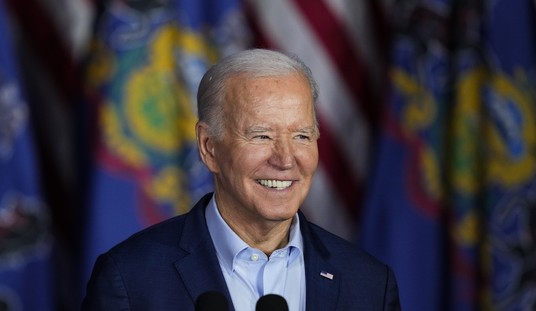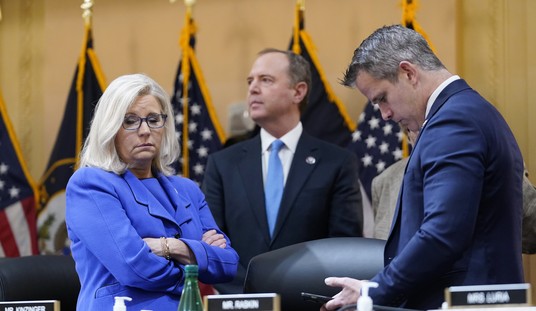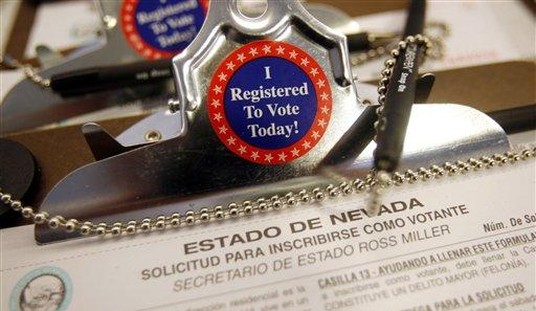When the Washington Post hired bloggers Greg Sargent and Ezra Klein, it appeared the paper was inclined to invest heavily in its web presence — and prepared to shift its online editorial slant further leftward. To offset what many saw as a disproportionate coverage of Democratic politics, the paper announced months later it had hired Dave Weigel to cover Republican intra-party politics.
Sargent, whose muckraking at the Huffington Post and Talking Points Memo made him a daily read for Capitol Hill Democrats or Republican operatives concerned their bosses had again strayed from prescribed talking points, was a natural fit for the Post. Likewise for Klein, whose wonkish, prolific writing often set the tone for progressive domestic policy talk.
And like Sargent and Klein, Weigel was poached from a progressive-leaning online outlet. But whereas Sargent and Klein hard carved out beats that largely matched their ideological leanings, which is to say progressive, Weigel was pitched to the paper’s leadership (by blogging wunderkind Klein) as the reporter best positioned to cover the conservative movement — specifically its more unsavory fringe elements, of which Weigel had become a connoisseur of sorts at The Washington Independent.
As others more acutely aware of the goings-on of the Washington Post newsroom have noted, Weigel found himself in an untenable situation: Misrepresented both by those who lobbied for his employment and later by his new employer, the reporter-blogger had to adopt a nuanced I’m-one-of-you posture. Weigel frequently cited his vote for Ron Paul in the 2008 Republican primary as an indicator of his conservative bona fides, though he less often noted he voted subsequently for then-Senator Obama in the general election.
On Wednesday, a Beltway media-gossip blog published intemperate comments Weigel made on Klein’s “JournoList,” an email listserv housing the discussions of an estimated four hundred Washington reporters, academics and policy wonks. Save for two previous outings of otherwise off the record comments, the intra-liberal exchanges were largely a secret. For the DC intelligentsia it was an exercise in message conformity; for Republicans it was a reminder of the coordinated lengths political operatives and media personalities would go to ensure liberal talking points were appropriately weaved into the day’s news.
Tucker Carlson’s Daily Caller published Friday additional inflammatory comments made by Weigel on the one-time-private JournoList. Comments published ranged from banal cheerleading for President Barack Obama’s health care overhaul to personal jabs at Matt Drudge, with whom Weigel had been engaged in a feud over Drudge’s penchant for saucy headlines.
With conservative activists rallying the nation-over in competitive primaries to upend long-time Republican incumbents and establishment favorites, the emergence of the Tea Party as a quantifiable and feared force in Republican politics–which represented a great degree of Weigel’s coverage–is an important beat. But it was a beat that would have bore little fruit, as it had become increasingly apparent that Weigel held mainstream Republican figures in contempt.
The publishing of Weigel’s private conservative lamentations was not the first time the blogger had been thrown into the spotlight. In May, shortly after he was joined the Post’s stable of blogger-reporters, he referred to opponents of gay marriage as “bigots.”
As both a sign of good faith and remorse, Weigel offered his resignation on Thursday evening. In the wake of new emails, the Post was obliged to accept it Friday morning.
The Washington Post’s leadership was correct to remove Weigel from his beat; his blog’s subtitle–“inside the conservative movement”–betrayed him, as few operatives and insiders would now look kindly on his inquiries. But they were in the wrong by nixing entirely his reporting.
While Weigel’s in-person affability for many won’t excuse his unvarnished commentary, it’s clear he appreciates the value of shoe-leather journalism. He was a regular fixture of conservative events and meetings and was not afraid to pick up the phone to chase stories and sources.
As it appears Weigel owes much of his current predicament to false pretenses–that Weigel presented himself as conservative, or that the paper had billed him as such–I compiled a list of reporters and bloggers who the movement would accept without pause (and regard as dyed-in-the-wool conservatives). In no particular order:
1. David Freddoso, Washington Examiner
2. Mary Katharine Ham, Weekly Standard
3. Amanda Carpenter, formerly Washington Times
4. Jim Geraghty, National Review
5. Ed Morrissey, HotAir
6. Jennifer Rubin, Commentary
7. Jim Antle, American Spectator
8. John McCormack, Weekly Standard
9. Caleb Howe, RedState
10. Matt Lewis, Politics Daily













Join the conversation as a VIP Member